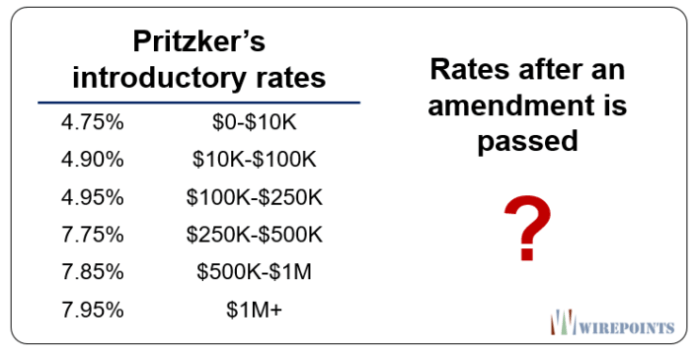A female group of former FBI recruits filed a lawsuit against the bureau this week alleging that a “good-old-boy network” at its 20-week training academy which discriminated against women. In addition to gender discrimination, race and diabilities are alleged to be a factor in setting candidates up for failure.
The training involves firearms, academics, defensive tactics and navigating high-risk situations. And, according to the women, tons of sexism.
Male instructors at the academy in Quantico, Va., exposed the women beginning in 2015 to a hostile work environment, sexual harassment and inappropriate jokes, according to the lawsuit. One woman said that an instructor referred to an African-American female trainee as “spaghetti head,” a reference to her braids. The woman also said training agents made repeated sexual advances.
In particular, the lawsuit takes aim at the tactical training that plays out Hogan’s Alley, the academy’s mock town where hired actors play terrorists and criminals. Trainees practice making dangerous arrests where they use weapons. Many of the female agent recruits were kicked out of the academy during this phase more quickly and more often than men were. –New York Times
Named in the lawsuit is former FBI Director James Comey, who has been accused by one of the plaintiffs of dismissing her complaint. Also named is Mark Morgan, President Trump’s nominee to lead ICE. Morgan oversaw the academy as a former top FBI official.
When Comey was approached by FBI employee Lauren Rose in a 2015 email concerning discriminatory practices, Comey gave her a virtual pat on the head and told her to use her “pain” to reflect on strengths and weaknesses, whatever that meant.
Of note, last February we reported that the DOJ’s internal watchdog sanctioned at least 14 FBI agents and officials over a five-year period for sexual misconduct – most of which occurred under Former FBI Director James Comey’s leadership. Prior to Comey’s tenure as director, which began in September 2013, there had been no sexual misconduct charges.
What’s more, Comey attempted to thwart the internal investigation according to IG Michael Horowitz, per the Daily Caller.
As Horowitz explained in his March 2015 final report on how law enforcement agencies handle sexual-misconduct complaints, his office’s ability “to conduct this review was significantly impacted and delayed by the repeated difficulties we had in obtaining relevant information from both the FBI and DEA as we were initiating this review in mid-2013.” –Daily Caller
In total, sixteen women have sued in this week’s lawsuit – several of whom are current FBI employees. They’ve asked for $300,000 each for emotional distress and have demanded that the agency review their training process, as well as hire more female training instructors.
Attorney General William P. Barr said last month that he had directed the Justice Department to investigate accusations of discrimination, including claims that the F.B.I. academy forced out male potential agents for not being “masculine enough.”
The lawsuit comes as the F.B.I., historically a male-dominated law enforcement agency, is trying to increase its ranks of female agents. Women made up only a fifth of the bureau’s 13,500 agents as of October, and few women work in the agency’s top echelons. –New York Times
According to the lawsuit, training instructors penalized and dismissed female trainees at a “rate significantly and disproportionately higher than their male counterparts,“ who were allegedly allowed to retake tactical exams that the women were not.
One of the women, Clare Coetzer, washed out of training in June 2018 after passing all the previous required courses. During training, she was written up four times and given a warning that the F.B.I. calls a “suitability notice,” which put her in jeopardy of being kicked out of the program.
But, Ms. Coetzer said, a male instructor rescinded two such notices that male colleagues received. She said she performed well on future tests but was still bounced from training. –New York Times
Another woman, Erika Wesley, was a former FBI employee for six years in Baghdad before leaving the agency in 2010 to have her first child. She returned to the agency in 2018, where she attended training to become an analyst. She claims she was subjected to “inappropriate sexually charged commentary” by male instructors. Some of them, she claims, suggested that women should take birth control to control their moods.
Some trainees say they were “forced to take positions several grades lower than their previous grade or experience justified” after washing out of training.
via ZeroHedge News http://bit.ly/2JPiOkK Tyler Durden






